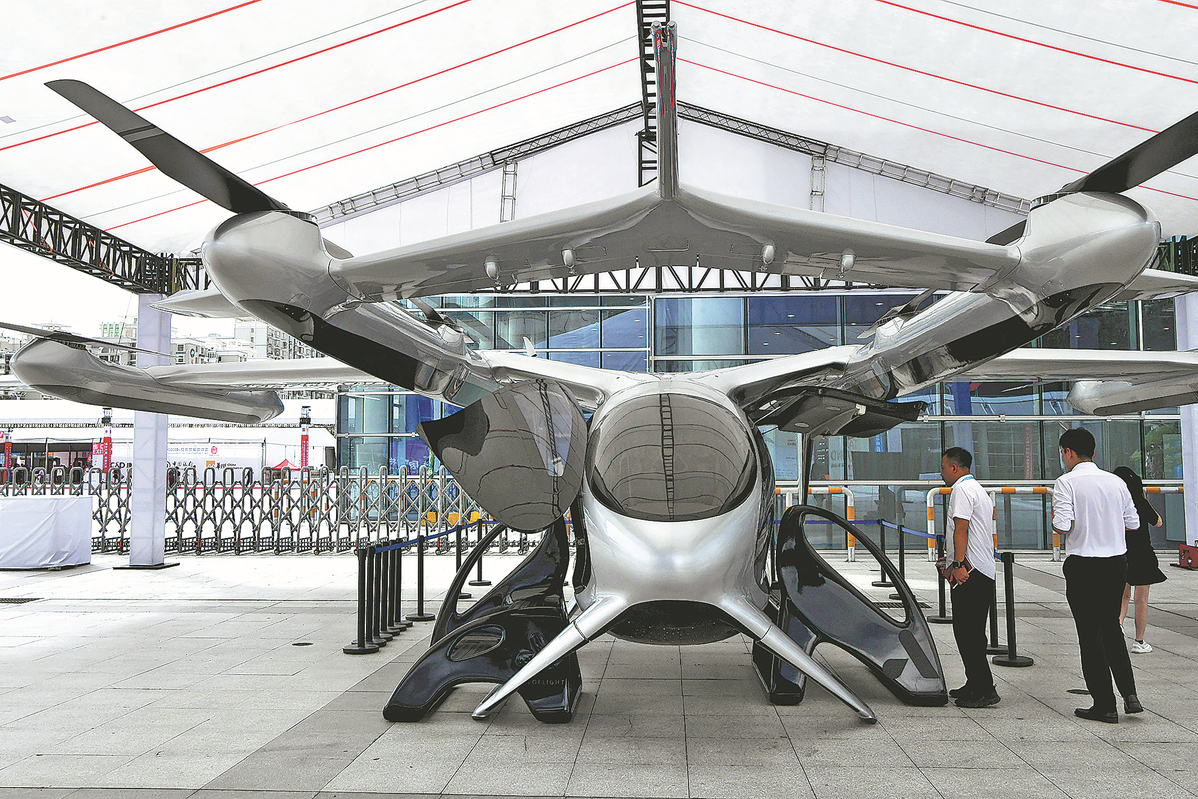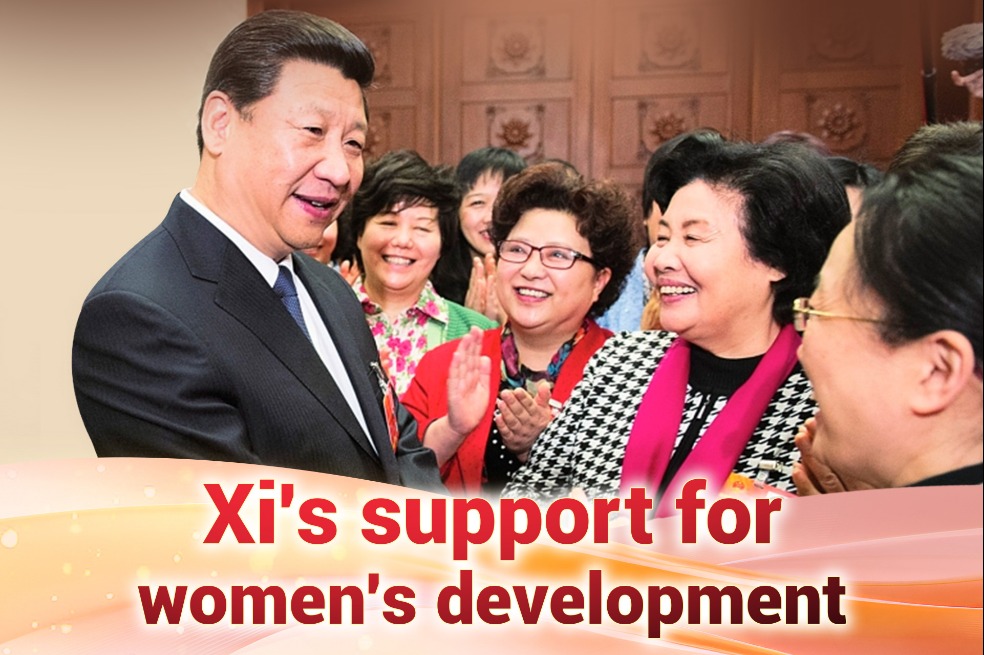China becomes global hub for two-way investment
Nation taking on dual role in world economy — as magnet for foreign enterprises and increasingly influential outbound investor


Other foreign companies have adopted similar strategies.
Zhao Bingdi, president of Panasonic China, described the shift by saying that China is not only a manufacturing center for Panasonic, but also an innovation hub, and that the Japanese firm is transitioning from "in China, for China" to "in China, for global" with the aim of leveraging the competitive edge honed in China for Southeast Asia and beyond.
These strategies have been underpinned by policy.
China has steadily opened doors wider, reducing national and free trade zone negative lists for foreign investment to 29 and 27 items, respectively. Restrictions on manufacturing investment have been removed, while pilot programs in cloud computing, biotechnology and wholly foreign-owned hospitals are underway. Procurement, IP protection, data flows and tax incentives are all being fine-tuned to create a more predictable business climate.
If inbound investment illustrates how China strengthens multinationals, outbound investment shows how Chinese firms are reshaping international markets. In 2024, outward direct investment reached $192.2 billion, bringing cumulative stock above $3.14 trillion. For the 13th year in a row, China ranked among the world's top three investors, according to the 2024 statistical bulletin of outward foreign direct investment.
In total, by the end of 2024, 34,000 Chinese investors had established 52,000 overseas enterprises in 190 countries and regions, including 19,000 in Belt and Road Initiative partner countries.
Hungary illustrates China's new depth of global cooperation, particularly with countries participating in the BRI. From 2014 to 2024, Chinese enterprises invested close to $20 billion in Hungary, creating more than 30,000 local jobs in sectors such as automotive batteries and intelligent logistics. These projects have not only delivered advanced technologies, but also strengthened Hungary's position in Europe's industrial chain.
In Egypt's TEDA Suez Economic and Trade Cooperation Zone, Chinese enterprises have built integrated clusters centered on high-end manufacturing and logistics — a "localized production+global sales" model that has spurred industrial upgrading and job creation, earning praise from the Egyptian government.
























